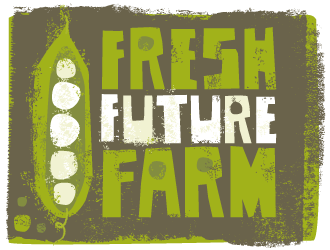Terms and phrases to know
-
A neighborhood in North Charleston, SC located between Spruill and Rivers Avenue. It extends from McMillan Avenue to Jacksonville Road.
-
a more holistic, integrated approach; investments in strategic initiatives such as helping existing firms and industries grow, innovate, and develop diverse talent; creating an inclusive, homegrown entrepreneurship ecosystem; rebuilding Main Streets, downtowns, or other neighborhood corridors as flywheels for broader market-based growth and wealth creation; and centering talent and housing affordability in economic competitiveness and inclusion; investing in good governance by bringing local leaders and institutions together to solve problems and create the conditions in which workers, families, businesses, and other key partners are willing and able to stay and invest in the community
Source: Brookings Institute
-
A replacement for the term “folks” that is used to signal the inclusion of groups commonly marginalized
-
Food apartheid is a system of segregation that divides those with access to an abundance of nutritious food and those who have been denied that access due to systemic injustice. The term was coined by food sovereignty leader Karen Washington to illuminate the root causes behind what the U.S. government calls “food deserts,” where limited access to affordable, healthy food is driven by systemic racism and leads to increased rates of chronic disease in Black, Indigenous, and other communities of color.
Source: www.regeneration.org
-
is a holistic and structural view of the food system that sees healthy food as a human right and addresses structural barriers to that right
Source: FoodPrint
-
includes not only the basic elements of how we get our food from farm to fork, but also all of the processes and infrastructure involved in feeding a population
Source: University of Oxford
-
is a movement that uses the people in a given district, region, or community as the basis for a political or economic movement
Source: Wikipedia
-
any group of people that has been historically excluded from full rights, privileges and opportunities in a society or organization
Source: Diversity Officer Magazine
-
an approach that (1) addresses the root cause of injustice for long-term impact, (2) creates and maintains clear, transparent standards to protect individuals, communities, other species, and the environment, (3) normalizes cooperative ownership and decision-making in all aspects of life, (4) chooses action that aligns with our values and positively impacts the world, and (5) recognizes that our systems are designed unjustly and we need to create alternatives.
Source: United Edge
-
are residents of the Chicora-Cherokee neighborhood and the wider North Charleston area
-
how we identify ourselves outside of our name and how someone refers to us in a conversation; when using the correct pronouns, it is a simple way to affirm identity
Source: NPR
-
an individual's perception of their position in life in the context of the culture and value systems in which they live and in relation to their goals, expectations, standards and concerns
Source: Berkeley Well-Being Institute
-
the social process by which non-white people have fewer rights and decision-making power around their basic necessities in varying degrees depending on their physical characteristics and alignment with the values of white supremacy
-
the right to live as one chooses, or to act or decide without consulting anyone else
Source: dictionary.com
-
the equitable distribution of wealth, opportunities, and privileges within a society
Source: Wikipedia
-
a store that stocks food in accordance with the USDA’s SNAP guidelines and is certified eligible to accept SNAP benefits
-
a political, economic and cultural system in which whites overwhelmingly control power and material resources, conscious and unconscious ideas of white superiority and entitlement are widespread, and relations of white dominance and non-white subordination are daily reenacted across a broad array of institutions and social settings
— Frances Lee Ansley
Source: The Atlantic

